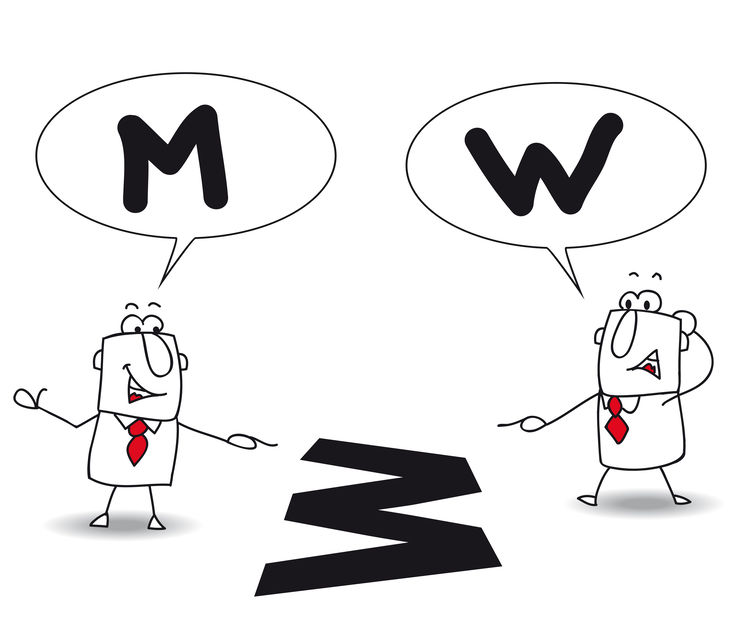Using Tolerance to Maintain Civility

A powerhouse principle of civility is tolerance, the attitude of acknowledgement and acceptance of people whose opinions, practices, religion, nationality, etc., may differ from your own.
Tolerance involves the recognition that just as you want to be treated decently, others also want the same treatment.
Etiquette plays an important role in promoting tolerance. It can only be practiced by individuals, but collectively, it is a civilizing force. This means every one of us contributes to the level of tolerance – and civility – in society. And without it, society suffers.
What Tolerance is Not
Tolerance does not require that you give up your own values and beliefs. In fact, it asks that your values and beliefs be endured by others just as you endure theirs.
However, this endurance is practiced under the assumption that no one is being hurt and no laws are being broken.
Conversations about your differences of opinion are carried through with civility and acceptance. Endurance and acceptance do not lead to arguments. In other words, you agree to disagree.
Etiquette-ful Practices
Placing our personal rules and values on other people who don’t share them easily leads to discord. Using etiquette to check in with yourself can help you overcome expectations that will never be met in these situations.
Some personal practices that hone your skills in being tolerant and coping with the disagreeable are:
- Be slow to take offense or to take things personally.
- Teach yourself to respond rather than react.
- Withhold raw emotional statements.
- Omit sarcasm.
- Perfect the “pause” in all communication.
- Begin with something positive in every interaction.
- Be agreeable even when pointing out disagreement.
- Change the subject to a more agreeable topic.
When you stand in tolerance, you are loosened from prejudice and other forms of incivility. Instead, you mindfully choose actions regarded as recognizably respectful by others:
- Listening with an open mind.
- Do not interrupt or talk over someone.
- Take turns, enjoying the back and forth of conversation.
- Observe boundaries in actions and conversation, remaining respectful.
When you apply your good manners through acts of etiquette, the message you send is inclusionary, rather than exclusionary. With etiquette, the “us-versus-them” divisions are lessened.
Civility is not about dousing strongly held views. It’s about making sure that other people are willing to respect other perspectives.
~ Jim Leach
Skills Assessment
How do you know how tolerant you are? By asking yourself this question: if you disagree with someone’s point of view, could you still be civil toward them?
In other words, would you:
- Hold the door for them?
- Ask how he/she/they wish to be addressed?
- Lower your voice if asked verbally or via body language?
- Extend your hand first in greeting?
- Avoid talking over them to make your point more important?
- Avoid name-calling?
- Refrain from profanity?
- Follow rules of polite engagement in all conversations?
- Let another person have the last word?
- Try to understand what a situation calls for and do that thing?
- Follow guidelines even though you could think of better ones?
- Negotiate a win-win outcome rather than what is only best for you?
No one is perfect and we all have our prejudices. But to create a civil society, attention must be paid to tolerating individual differences. Fortunately, etiquette can help us do this.














